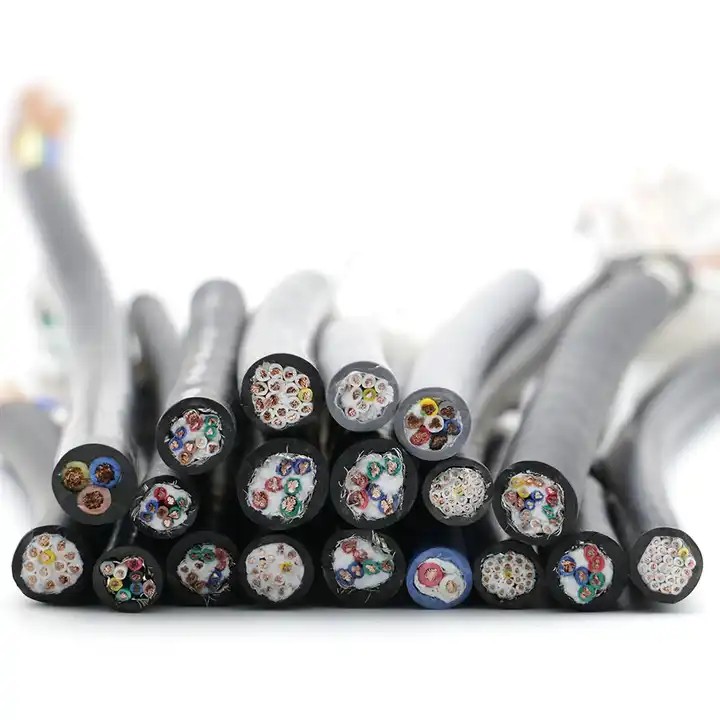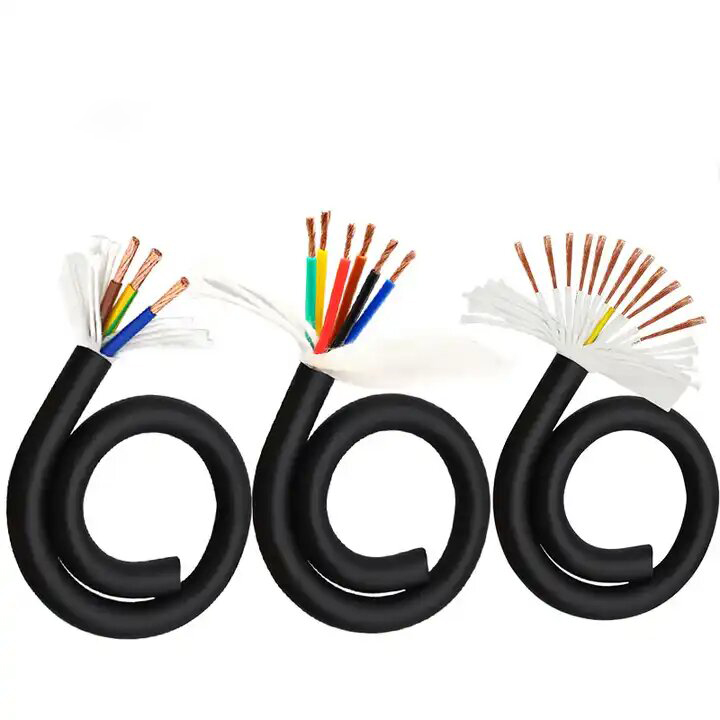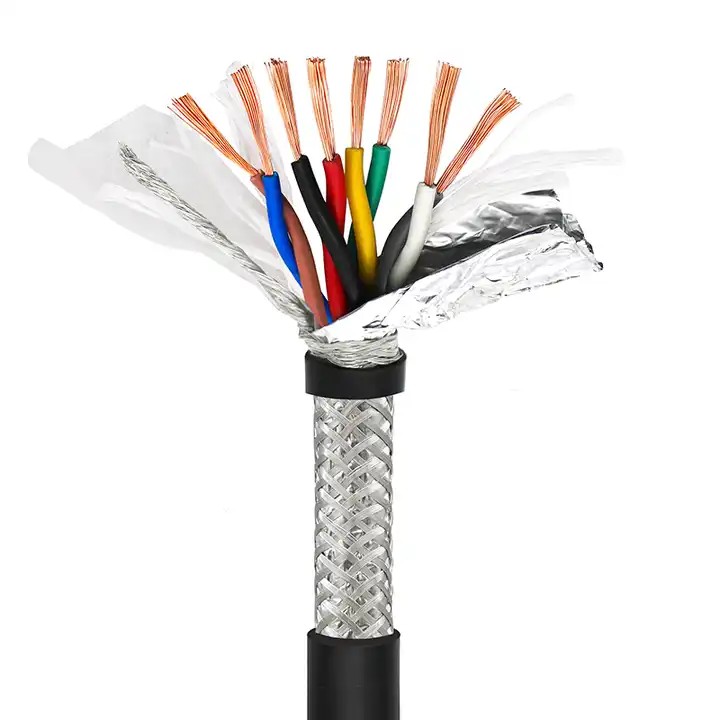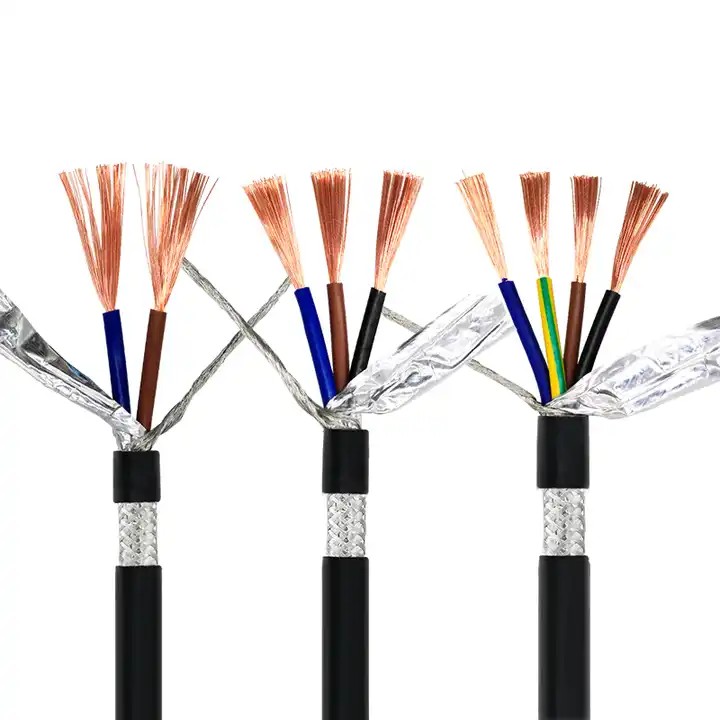Can shielded wire be customized for specific applications?
Published:
2024-04-08 22:14:42
we will explore the process of customizing shielded electrical wire for specific applications, highlighting the key considerations and benefits of tailored wire shielding solutions.
Shielded electrical wire plays a crucial role in modern electrical and electronic systems, offering protection against electromagnetic interference (EMI) and ensuring reliable signal transmission. With advancements in technology and manufacturing capabilities, shielded wire can be customized to meet the specific requirements of various applications. In this article, we will explore the process of customizing shielded electrical wire for specific applications, highlighting the key considerations and benefits of tailored wire shielding solutions.
Understanding Shielded Electrical Wire:
Shielded electrical wire, also known as wire shielding, consists of insulated conductors surrounded by a protective shielding layer. The shielding material, typically made of metal such as aluminum or copper, provides a barrier against external electromagnetic interference, preventing signal degradation and ensuring optimal performance in sensitive electronic systems. Shielded wire is commonly used in applications such as telecommunications, data transmission, audio/video systems, and industrial automation, where EMI protection is critical.
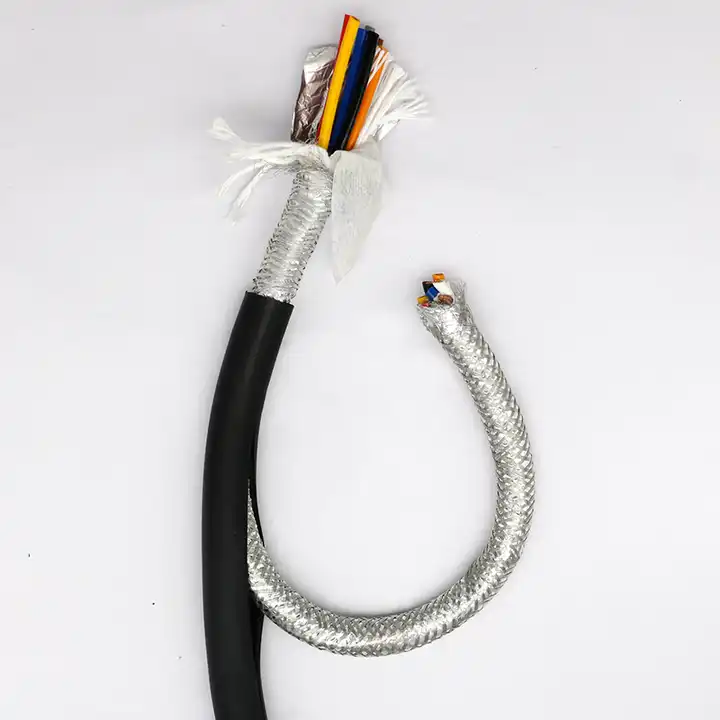
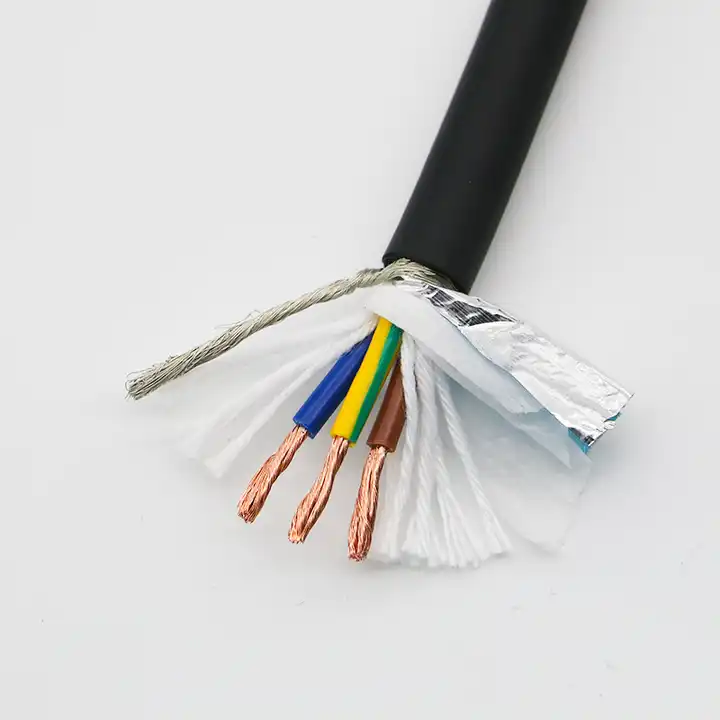
Customization Process:
Application Analysis: The customization process begins with a thorough analysis of the application requirements and environmental conditions. Factors such as operating frequency, voltage levels, temperature range, mechanical stress, and regulatory standards are considered to determine the optimal shielding solution for the specific application.
Material Selection: Based on the application analysis, the appropriate shielding material is selected to meet the performance and reliability requirements. Common shielding materials include aluminum foil, copper foil, braided wire, and conductive coatings. The choice of shielding material depends on factors such as conductivity, flexibility, durability, and cost-effectiveness.
Shielding Configuration: The shielding configuration is tailored to suit the specific application and performance objectives. Different configurations, such as foil shielding, braided shielding, and combination shielding, may be utilized to achieve the desired level of EMI protection and signal integrity. The shielding configuration is optimized to minimize signal loss, maximize shielding effectiveness, and ensure compatibility with other system components.
Insulation and Jacketing: Once the shielding configuration is determined, the insulated conductors are encased in suitable insulation materials to provide electrical insulation and mechanical protection. The insulation material, such as PVC (polyvinyl chloride), Teflon, or silicone rubber, is selected based on factors like temperature rating, flexibility, and chemical resistance. Additionally, the wires may be jacketed with an outer layer of protective material to enhance durability and environmental resistance.
Testing and Validation: After customization, the shielded electrical wire undergoes rigorous testing and validation to ensure compliance with industry standards and performance specifications. Various tests, including impedance measurements, attenuation measurements, shielding effectiveness tests, and mechanical stress tests, are conducted to evaluate the electrical, mechanical, and environmental performance of the wire. Any deviations or deficiencies are identified and addressed to ensure the quality and reliability of the customized wire shielding solution.
Benefits of Customization:
Tailored Performance: Customizing shielded electrical wire allows for the optimization of performance parameters such as EMI protection, signal integrity, and mechanical robustness to meet the specific requirements of the application.
Enhanced Reliability: Customized wire shielding solutions are designed and tested to withstand the challenges of the operating environment, ensuring long-term reliability and durability in demanding applications.
Cost-Effectiveness: While customization may involve additional upfront costs, it can result in long-term cost savings by minimizing downtime, reducing maintenance expenses, and optimizing system performance.
Regulatory Compliance: Customized shielded electrical wire solutions can be designed to comply with industry standards, regulatory requirements, and certification criteria, ensuring compatibility and safety in various applications.
Conclusion:
Customizing shielded electrical wire for specific applications offers numerous benefits, including tailored performance, enhanced reliability, cost-effectiveness, and regulatory compliance. By understanding the customization process and working closely with experienced wire shielding factories, designers and engineers can develop customized solutions that meet the unique requirements and challenges of their applications. With the advancement of technology and materials, the possibilities for customizing shielded electrical wire are endless, paving the way for innovation and advancement in various industries.


